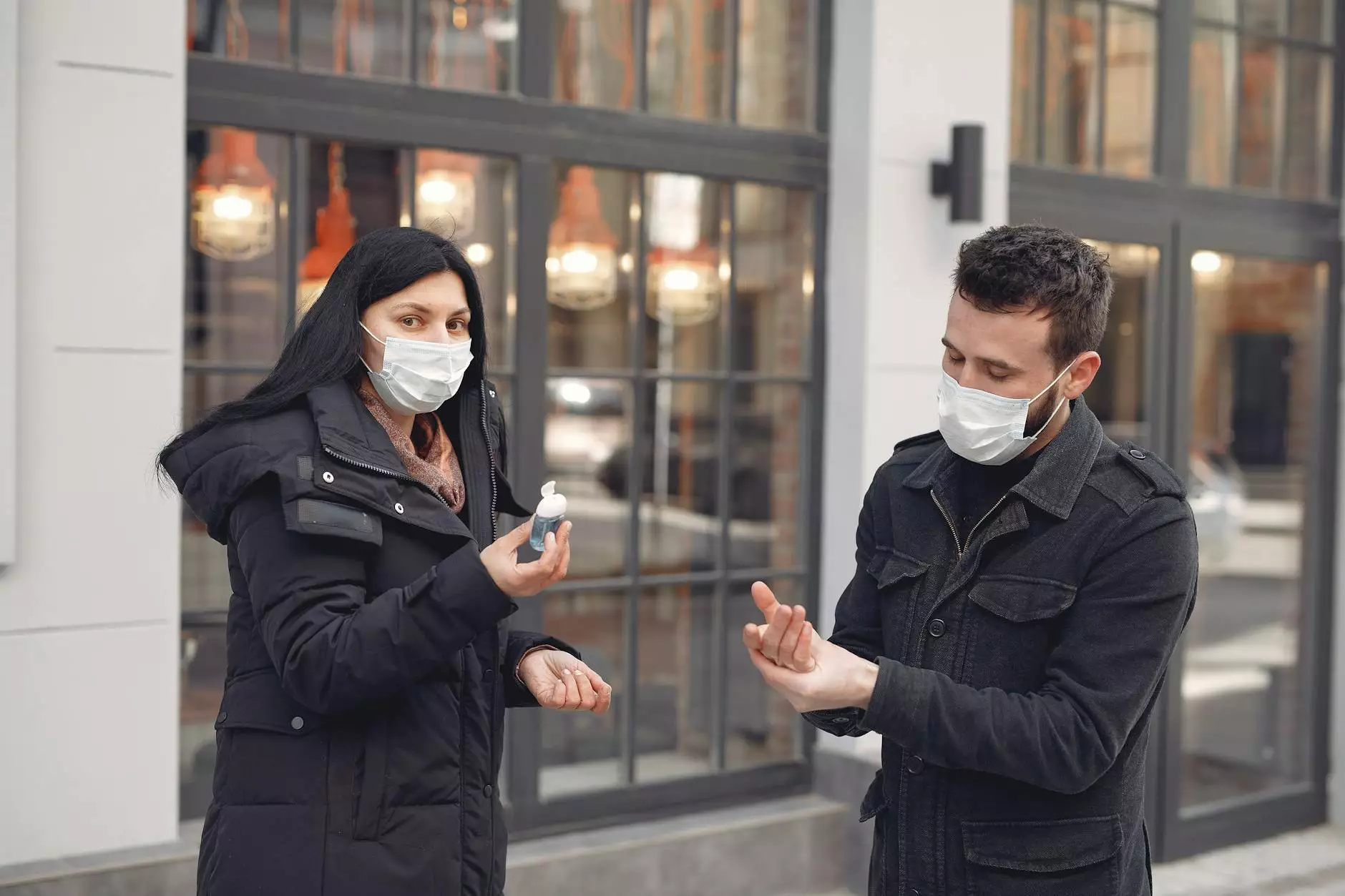Understanding Blood Clot Symptoms and Their Impact on Health

What is a Blood Clot?
Blood clots are groups of blood cells that have clumped together, primarily to stop bleeding. While they play a vital role in healing, they can also pose significant health risks when they form inappropriately or do not dissolve as they should. Understanding the blood clot symptom and recognizing the danger is crucial for timely intervention.
Common Blood Clot Symptoms
Recognizing the symptoms of a blood clot can be life-saving. Here are some prevalent signs to look out for:
- Swelling: One of the most common signs of a blood clot, especially in the legs, is sudden swelling.
- Pain or Tenderness: Pain may manifest in the affected area, often described as a cramping or soreness.
- Skin Color Change: The skin over the clot may appear bluish or reddish and can feel warmer than surrounding tissue.
- Increased Heart Rate: An elevated heart rate can indicate that your body is working hard to circulate blood past a blockage.
- Shortness of Breath: This may occur if a clot travels to the lungs and results in a pulmonary embolism.
Why Blood Clots are Dangerous
While clots are essential for stopping bleeding, they can lead to serious complications when they occur inappropriately. Here are some dangers associated with blood clots:
- Deep Vein Thrombosis (DVT): This occurs when a blood clot forms in a deep vein, usually in the legs, which can lead to swelling and pain.
- Pulmonary Embolism: When a clot dislodges and travels to the lungs, it can block blood flow, causing severe respiratory issues and can be life-threatening.
- Stroke: If a clot travels to the brain, it can block blood flow, resulting in a stroke, which can lead to severe disability or death.
Risk Factors for Blood Clots
Understanding the common blood clot symptoms is essential, but it is equally important to be aware of the risk factors that can increase your likelihood of developing a clot. These include:
- Prolonged Immobility: Long periods of sitting or bed rest can increase the risk.
- Medical Conditions: Certain conditions, like cancer or heart disease, can elevate the risk.
- Pregnancy: The hormonal changes during pregnancy can make clots more likely.
- Hormonal Therapy: Hormonal medications, such as birth control pills, can contribute to increased risk.
- Family History: A family history of clotting disorders may increase your risk.
Diagnosis of Blood Clots
Accurate diagnosis is crucial for timely treatment of blood clots. Medical professionals use a variety of methods to diagnose blood clots, which may include:
- Ultrasound: A non-invasive test that uses sound waves to create images of the blood flow in veins.
- CT or MRI Scans: Imaging studies that provide detailed images of the blood vessels and can help visualize clots.
- Blood Tests: Tests such as D-dimer can help rule out the presence of an abnormal blood clot.
Management and Prevention of Blood Clots
Managing and preventing blood clots is essential for your overall health. Here are several strategies:
- Stay Active: Regular physical activity can enhance blood circulation and reduce the risk of clots.
- Maintain a Healthy Weight: Obesity is a significant risk factor for blood clots.
- Adequate Hydration: Staying hydrated helps maintain healthy blood flow.
- Medication: Anticoagulant medications may be prescribed for those at high risk of developing clots.
When to Seek Medical Attention
Awareness of blood clot symptoms can save lives. You should seek immediate medical attention if you experience:
- Severe swelling in one leg or arm
- Sudden, intense pain that is not typical for your body
- Shortness of breath, especially if it's sudden and unexplained
- Chest pain or discomfort that worsens with deep breaths
The Role of Truffles Vein Specialists in Vascular Health
At Truffles Vein Specialists, we are dedicated to providing comprehensive care for vascular health. Our team of experts employs the latest technology and methodologies to diagnose and treat blood clots effectively. We emphasize the importance of early detection and personalized patient care for improved outcomes.
Every patient is different, and our specialists focus on tailoring treatments to individual needs, utilizing cutting-edge research to guide our practices. We offer education to help our patients recognize the signs of blood clot symptoms and promote preventive measures.
Conclusion
Blood clots can have serious health implications, yet understanding the blood clot symptoms can empower individuals to seek timely medical care. Knowledge, early detection, and effective management are crucial in preventing complications. At Truffles Vein Specialists, we prioritize vascular health and are committed to offering comprehensive care for maintaining healthy blood flow.
For more information or to schedule a consultation, visit us at trufflesveinspecialists.com.









